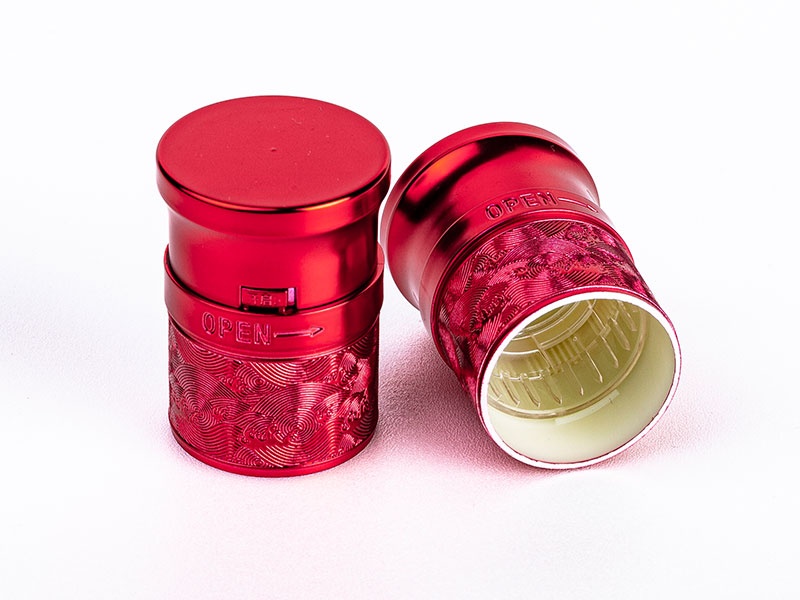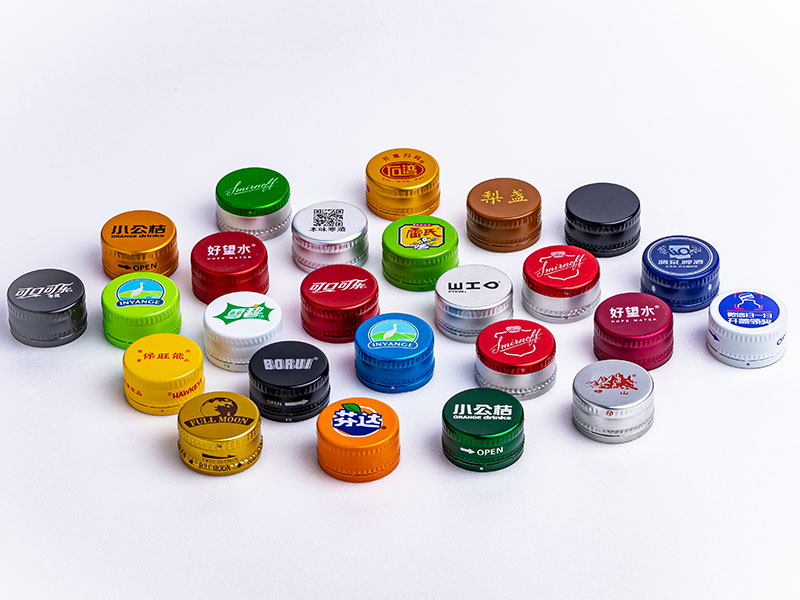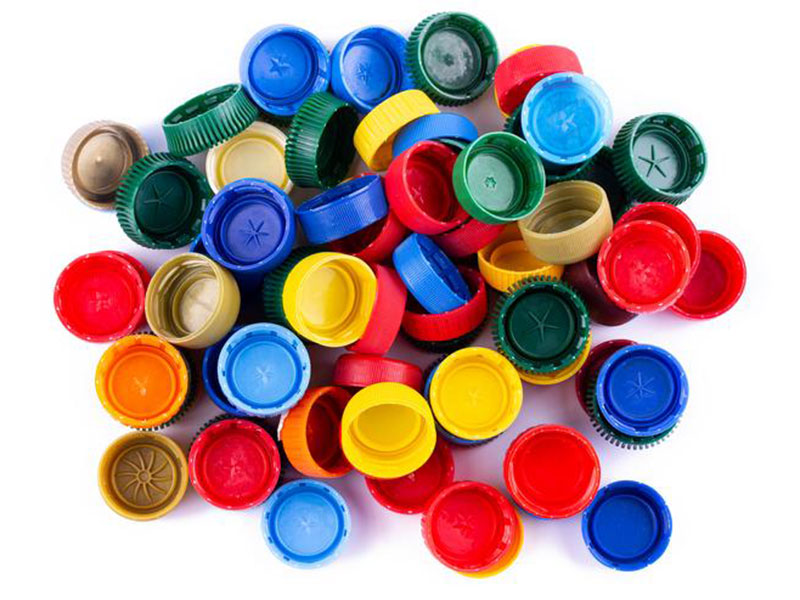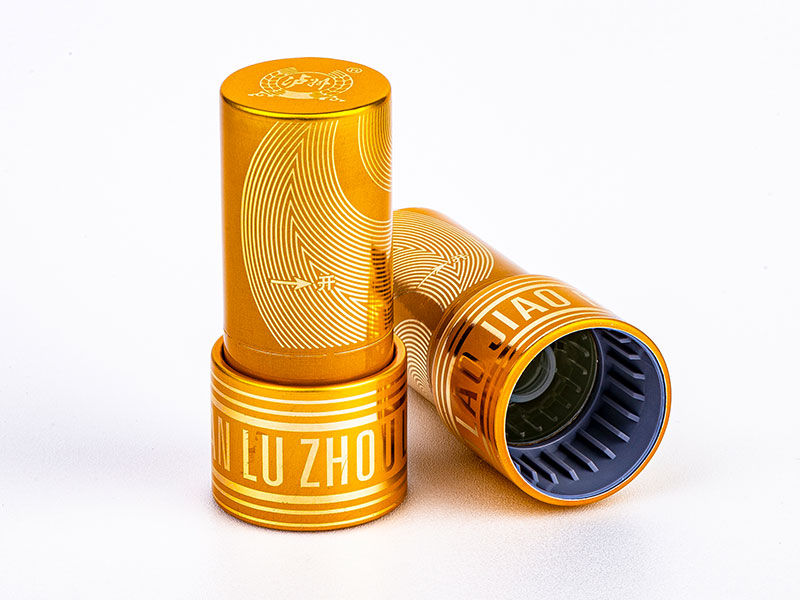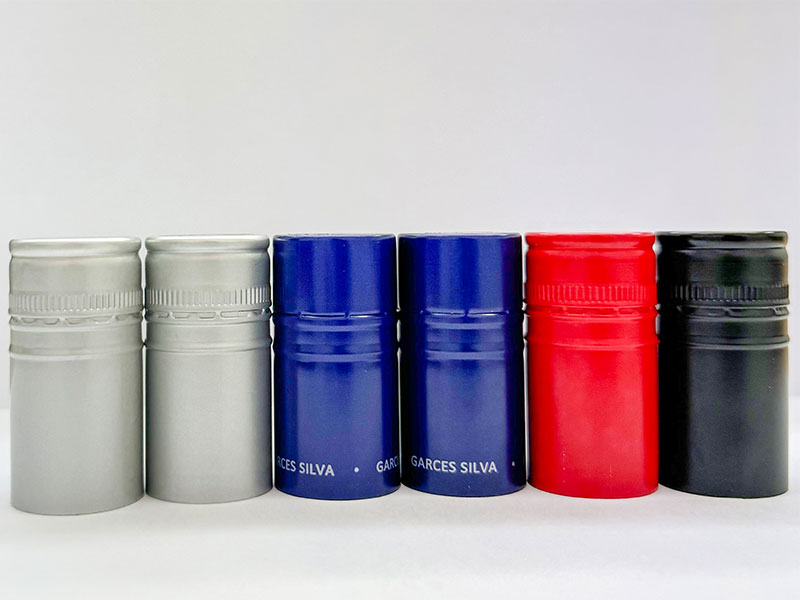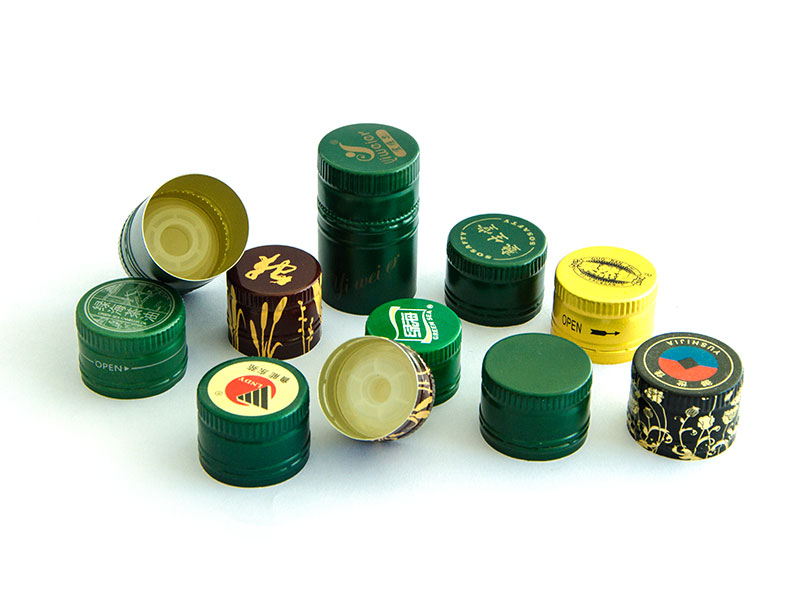Aluminum Caps for Soda Bottles with Enhanced Carbonation Control
In the ever-evolving beverage industry, the integrity of soda bottles largely depends on the efficiency of their caps. Aluminum caps for soda bottles is know as a premium solution, offering superior carbonation control that ensures beverage freshness and consumer satisfaction.
Why Choose Aluminum Caps for Soda Bottles?
Aluminum offers a unique blend of physical and chemical properties making it the go-to material for soda bottle caps:
- Corrosion Resistance: Aluminum naturally oxidizes, forming a thin passivation layer protecting the cap from acidic soda contents.
- Lightweight Durability: The strength-to-weight ratio of aluminum avoids excessive mass while maintaining robust sealing power.
- Recyclability: Aluminum caps support sustainable practices without compromising technical requirements.
Enhanced Carbonation Control: the Mechanics
Carbonation retention in soda depends largely on how evenly and tightly the cap seals the bottle mouth. Traditional plastic caps can acid-check and slowly permit CO₂ loss, degrading fizz quality. Aluminum bottle caps, however, provide superior performance because of:
- Precise Threading and Tolerance Parameters: Typically manufactured with regulatory dimension standards, aluminum caps maintain high roundness and smoothness to clamp uniformly on bottle openings, minimizing leaks.
- Superior Compressibility and Resilience:The aluminum alloy temper impacts its elasticity and sealing tightness. Employing a temper such as T5 (artificially aged after being cold worked) optimizes cap malleability—enough to form a tamper-proof sonic seal that tightly clamps gasket layers without micro-gap formation.
- Enhanced Barrier Function:Aluminum alloy's permeability to gases is negligible compared to plastics. This reduces the diffusion rate of CO₂ into the atmosphere, preserving soda’s crispness and effervescence even over extended storage.
Technical Parameters and Implementation Standards
Production and performance of aluminum soda bottle caps adhere to strict internationally recognized standards:
| Parameter | Specification |
|---|---|
| Alloy Mil-spec | ASTM B209 Alloy 3104-H19 or 3004-H14 |
| Dimensions | Cap diameter ℮ 26–30 mm (ISO 6979) |
| Threading | Multi-start continuous thread per bottle standard |
| Sealing Surface Flatness | ≤ 0.05 mm |
| Tensile Strength (Min) | 190 MPa (per temper specifications) |
| Elongation (%) | 5–10% annealed to T5 |
| Coating | BPA-free epoxy resin coating internally |
| Oxygen Transmission Rate | Approx. 0.01 cc/m²/24hr |
These parameters guarantee compatibility with soda bottle neck finishes from major manufacturers while ensuring a leak-proof, consistent carbonation.
Alloy Tempering and Its Effects
Generally, alloy 3104 or 3004 is used in temper H19 (strain-hardened and stabilized) or T5 for soda closures because:
- H19 Temper: Maximizes hardness and spring strength to help the cap maintain thread integrity during capping and opening.
- T5 Temper: Facilities optimum elasticity, allowing slight deformation on application for flawless gasket sealing and rebound.
Such tempering also improves resistance to vibration and handling damage through supply chains.
Chemical Properties at a Glance
| Element | Content (%) in Alloy 3104/3004 |
|---|---|
| Aluminum (Al) | 96.8 - 98.5 |
| Magnesium (Mg) | 1.2 - 1.8 |
| Manganese (Mn) | 0.2 - 0.8 |
| Copper (Cu) | ≤ 0.3 (3004 only) |
| Iron (Fe) | ≤ 0.7 |
| Silicon (Si) | ≤ 0.4 |
This combination yields a corrosion-resistant, ductile alloy with adequate strength to effect tight clamping needed for carbonation seals without cracking.
Seamless Integration with Gasketing Systems
While aluminum caps offer outstanding protection from external gas exchanges, carbonation control is further enhanced by sealing gaskets. Combining an optimized polymer gasket such as expanded polyethylene or thermoplastic elastomer creates a composite barrier. The dynamic sealing ensures:
- Resilience to pressure spikes caused by carbonation;
- Tight closure under varying temperature and storage environments;
- Prevention of ingress of oxygen accelerating beverage spoilage.



